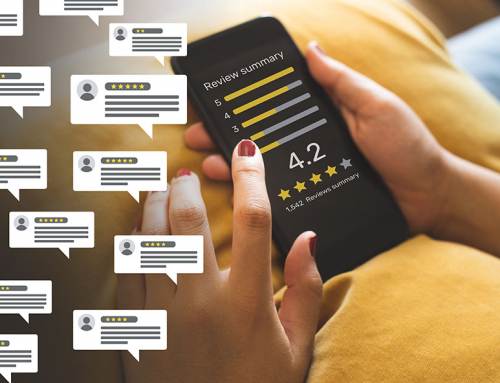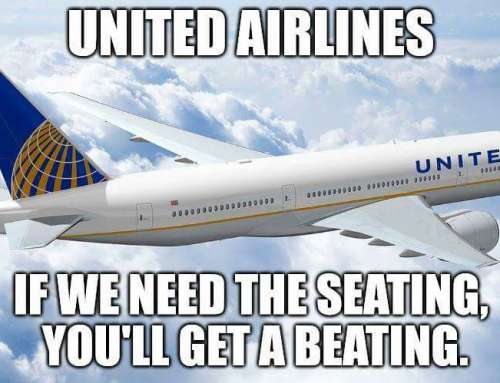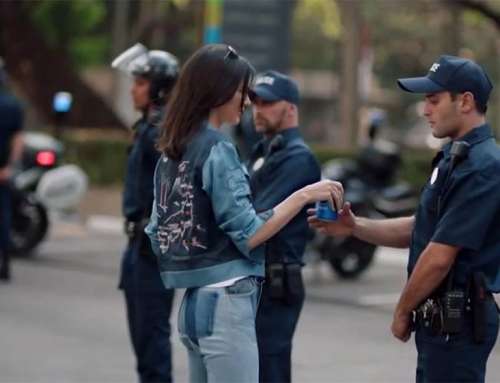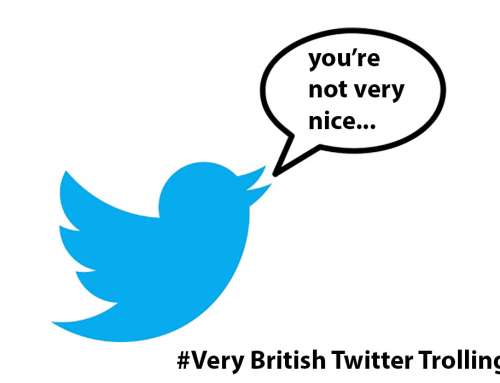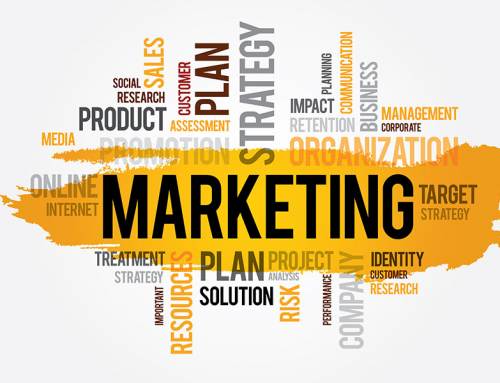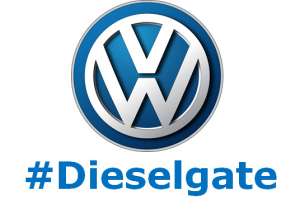 Looking at what Lessons in PR Disasters the modern marketings communications (MarCom) industry gives us, #dieselgate is the lesson that keeps on giving.
Looking at what Lessons in PR Disasters the modern marketings communications (MarCom) industry gives us, #dieselgate is the lesson that keeps on giving.
There was an article on the BBC website last week by BBC Business Reporter Tim Bowler which focused on Volkswagen (VW) and Samsung’s ability to defy apparent logic and bounce back from what could have been an extinction level event for both major brands.
For those living in a cave throughout 2016, the background can be summed up in a nutshell as follows in that VW cheated both consumers and governments by circumventing vehicle emissions tests with software that detected when their cars were undergoing emissions tests which then put those cars into a cheat mode. In doing so the ‘cheat’ hid the fact that some VW engines emitted nitrogen oxide pollutants up to 40 times above what is allowed in the US.
In addition to the potential financial (resale) loss to owners of such vehicles being devalued there are also increased costs caused by lower fuel economy in the real world versus testing conditions and likely future increases in taxes and charges in such cars being classed as higher polluters plus there is also a human cost to us all as in excess of 10,000 people per year in the UK alone die prematurely as a result of nitrogen oxide pollutants.
Samsung had a different problem however as in September 2016 they recalled 2.5 million Galaxy Note 7 smartphones after complaints of overheating and exploding batteries. The scale of the problem was so severe that airline safety was even at risk and in October 2016 various countries and carriers implemented bans on Galaxy Note 7 devices being allowed onboard planes either in person, in checked baggage in the hold or in hand luggage brought into the cabin. This had all the hallmarks of a biblical tale in the making and looked like one of the Lessons in PR Disasters that would be remembered in decades to come.
yet despite these brand reputation bombshells both brands sailed through the PR storm with apparent ease and VW and Samsung respectively posted 44% and 48% increases in operating profits. However, all may not be as it first appears.
Samsung, VW & premature analysis?
The Samsung case is more straight forward. Despite Samsung first recalling all the phones and “fixing” them in two separate recalls and then putting the Note 7 back on sale, when a ‘fixed’ version exploded on a plane, Samsung duly gave up, recalled all the Note 7 phones worldwide once again, apologised and then offered an exchange scheme to its consumers.
Whilst there have been instances of house fires being started by Note 7 devices, thankfully the only death caused by Samsung was to the Note 7 devices themselves after Samsung deliberately rolled out an update that effectively made the phone useless. Whilst the issue was a mass inconvenience for consumers, on face value it doesn’t appear that any consumers are at further risk of loss as the situation has been contained and the fall out of the brand reputation event has reached its critical mass and can now subside.
Forgiven, then Forgotten
One of the fundamental principles of PR, damage limitation and brand recovery is that in order ‘to be forgotten, you must first be forgiven’ and this is one of the Lessons in PR Disasters that Edible has extensively cited in the past and routinely embodied in reputation restoration works for clients.
In Samsung’s case consumers were refunded and although some insurance claims were initially rejected prior to November 2016, that month saw Samsung pen an open letter in what was essentially its mea culpa moment. As such, one can argue that Samsung should now be free to move forward and that its surge on operating profits may well be sustainable, all other things being equal.
Dieselgate, VW not yet forgiven
Unlike with the Samsung case and their luck or skill at seemingly averting an extinction level brand disaster the VW case is an entirely different one. As the BBC themselves point out VW has so far agreed to pay about $25bn (£19bn) to address US claims from owners, regulators, states and dealers surrounding the 500,000 VW diesel cars sold there that are within the scope of ‘Dieselgate’.
Outside of the US however things are very very different and whilst VW is under increasing pressure to pay up and be more forthcoming in other countries and their respective investigations, recalls and emissions retests, so far VW are resisting compensation very very strongly and losing consumer confidence as a result as they appear to be putting US consumer interests ahead of the rest of the World.
Whilst profits have gone up in the short term if VW doesn’t handle the European Dieselgate to its customers satisfaction large scale brand apathy and rejection are not just highly likely, but certain as the scandal continues to take hold.
When you consider that the EU Commission is now on the case and doesn’t just have VW in its sights but has started legal proceedings against 7 EU member states including the UK, Germany and Spain ‘Dieselgate’ is far from over and whilst VW has survived thus far and altered its business model to include more electric cars in the near future the issue still has years to play out for the final fallout to mature.
Whilst US market for VW diesel cars affected by the scandal was put at 500,000 the figure is more than double this in the UK alone with some 1.19million cars affected by ‘Dieselgate’ amid allegations of performance and value downgrades as a result of the ‘fix’ VW has implemented so it is perhaps no wonder that VW are playing the waiting game in Europe. But whilst VW continues to delay putting an end to the scandal in Europe it can’t be forgiven and as such Dieselgate therefore cannot be forgotten just yet.
The lack of action in Europe compared to the US seems to have predictably irked consumers so it comes as no surprise to learn that a class action lawsuit against the Volkswagen Group was filed earlier this year by more than 35,000 owners in England and Wales.
The class action lawsuit is spearheaded by law firm Harcus Sinclair whom are reported to be gaining 500 new drivers a day and the firm expects to represent over 100,000 of the 1.2million affected owners in the UK. It has been suggested that VW should pay out to owners who bought cars that weren’t roadworthy due to polluting above claimed figures and each owner is said to be seeking around £3,000 in compensation.
So whilst VW has overtaken Toyota as the world’s largest carmaker it is still early days for VW as an extinction level disaster could still develop if VW is seen to treat its European customers as second class customers when compared to the US customer base and brand apathy spreads across Europe.
It should be noted that VW have sought to suggest that the scope of the European Dieselgate is less than that in the US but as yet that claim is falling on deaf ears as there hasn’t been any corroborating details to either confirm or deny this.
Lessons to learn from the Samsung Note 7 and VW Dieselgate Cases
As mentioned earlier, for a PR Disaster to be survivable the brand needs to be forgiven before the brand reputation event can be forgotten and sadly not all reputation disasters can be forgiven so this is one of the fundamental basics from Lessons in PR Disasters.
Samsung did what any business would in that they tried to salvage what they could and fix rather than write off the Note 7 but there is a law of diminishing returns in terms of consumer trust and once the first and second recall & fix didn’t resolve the issue it was very wise of Samsung to admit the problem, solve it once and for all, and restore consumer trust and not proceed with a third recall. As a result Samsung was able to leave its brand reputation intact.
There are many factors that influence consumer forgiveness and as the value of the product or service rises (and the potential for consumer loss increases), so to does the reputation risk to the brand. It is human nature for most of us to not spend an inordinate amount of time complaining, campaigning, remonstrating, bad mouthing on social media and initiating court cases for low value products or services that fail to live up to our expectations, even if we feel cheated or lied to and with VW, unless they get a hold on the perception that is gaining traction in Europe then Dieselgate may come back to haunt it in a very bad way.
Edible is a UK focused SEO, Marketing and Reputation Management Consultancy working with a broad base of business to business and business to consumer clients across many industries such as retail, hospitality, manufacturing, research and financial services.
For SEO Liverpool, SEO London or other Geographic SEO services further afield simply get in touch for a non obligation evaluation of your website and its potential.

